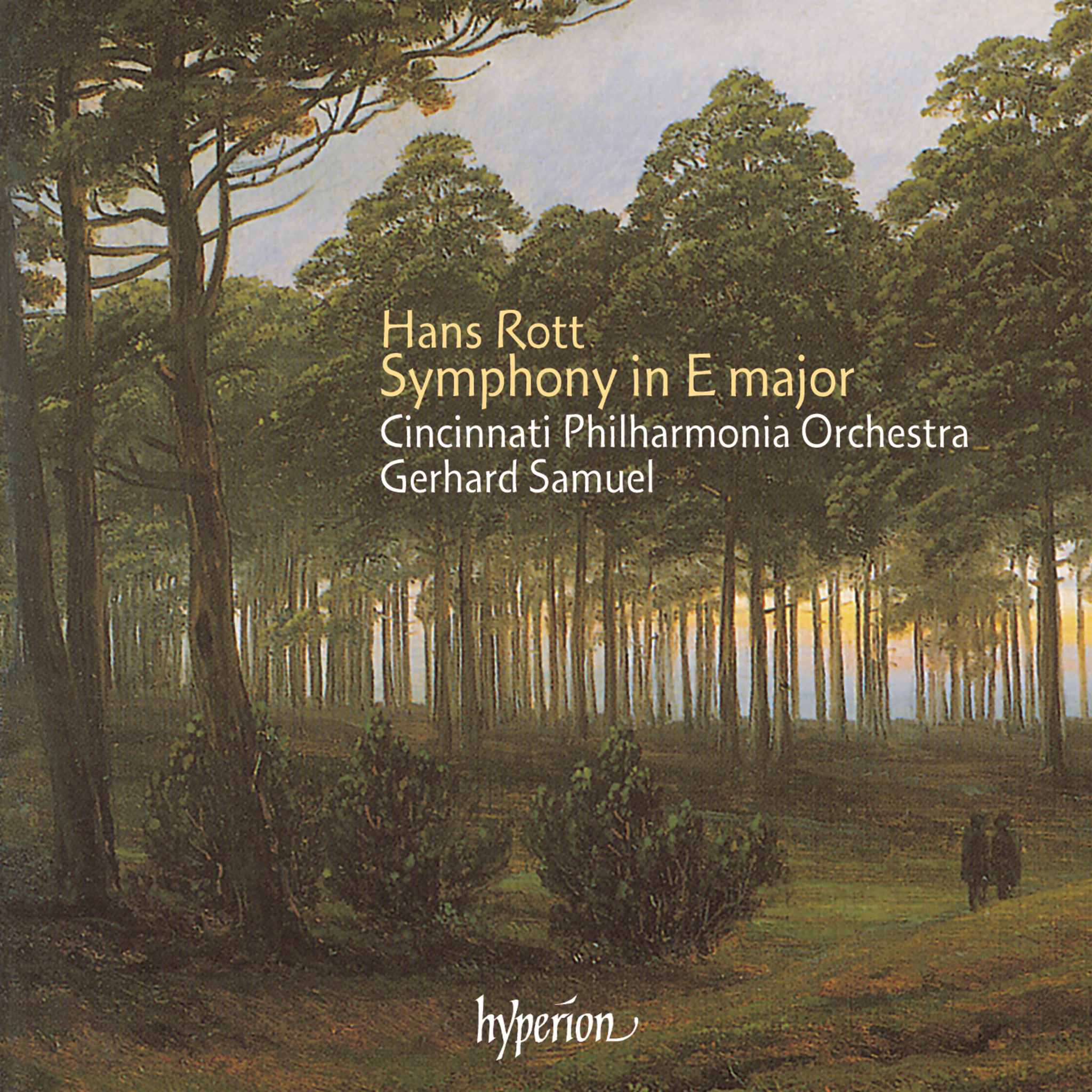An Exploration into Hans Rott's Symphony No. 1
Devastating Loss to The World of Music – Hans Rott
Hans Rott, born on August 1, 1858, in Braunhirschengrund, a suburb of Vienna, was the illegitimate son of Carl Mathias Rott, a well-known actor, and Maria Rosalia Lutz, a singer and actress. His parents married in 1862–63, legitimizing him. Despite facing early hardships, including the deaths of both parents during his teenage years, Rott's prodigious musical talent earned him a place at the Vienna Conservatoire.
The Remarkable Music Journey of Hans Rott
At the Vienna Conservatoire, Rott studied piano with Leopold Landskron, organ with Anton Bruckner, harmony with Hermann Grädener, and composition/counterpoint with Franz Krenn. His classmates included notable contemporaries like Gustav Mahler. Rott attended the first Bayreuth Festival in 1876, immersing himself in Wagnerian musical culture, which profoundly influenced his own compositions. From 1876 to 1878 he served as organist at Vienna’s Piarist Church, where his rooms became a gathering place for fellow musicians and friends. Despite his evident talent and the praise of teachers like Bruckner, Rott struggled professionally due to Vienna's fiercely factionalized musical scene and began to experience severe mental health issues in his early twenties.
An Insight into Hans Rott’s Symphony in E Major
Rott's reputation today rests almost entirely on his Symphony No. 1 in E major, composed between 1878 and 1880. The symphony, lauded for its innovative orchestration and forward-looking style, was left unperformed during his lifetime due to his declining mental health and early death. It premiered only in 1989, over a century after its completion, and has since been recognized for its significance in the late Romantic repertoire. Gustav Mahler, a close friend and fellow student, openly admired Rott's music, incorporating homage to Rott’s symphony in his own First Symphony and later writing, "it is completely impossible to estimate what music has lost in him."
Remembering Hans Rott: A Lost Musical Prodigy
Rott became severely mentally ill in 1880 and spent his final four years in the psychiatric clinic of Vienna’s General Hospital. He died on June 25, 1884, not simply "at age 25". Today, Rott’s Symphony No. 1 is championed by major orchestras and continues to enchant audiences, serving as a poignant reminder of the profound work of this lost musical prodigy.

